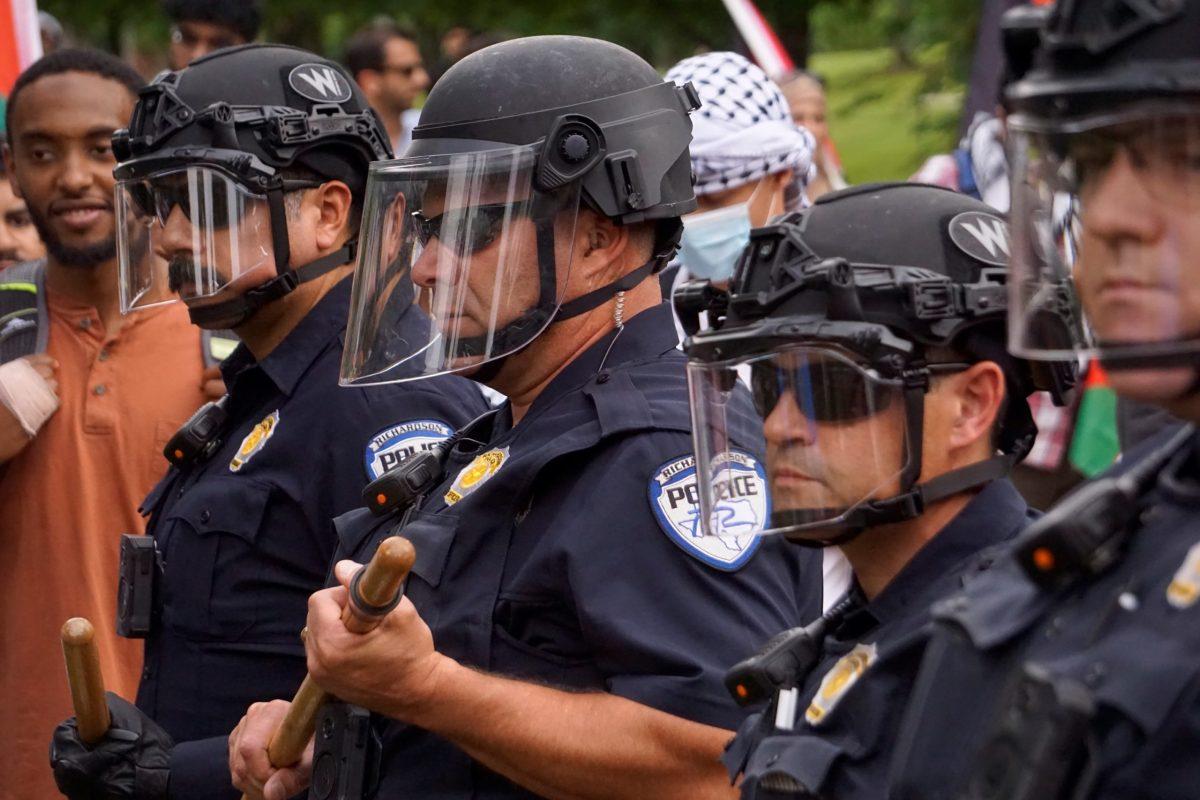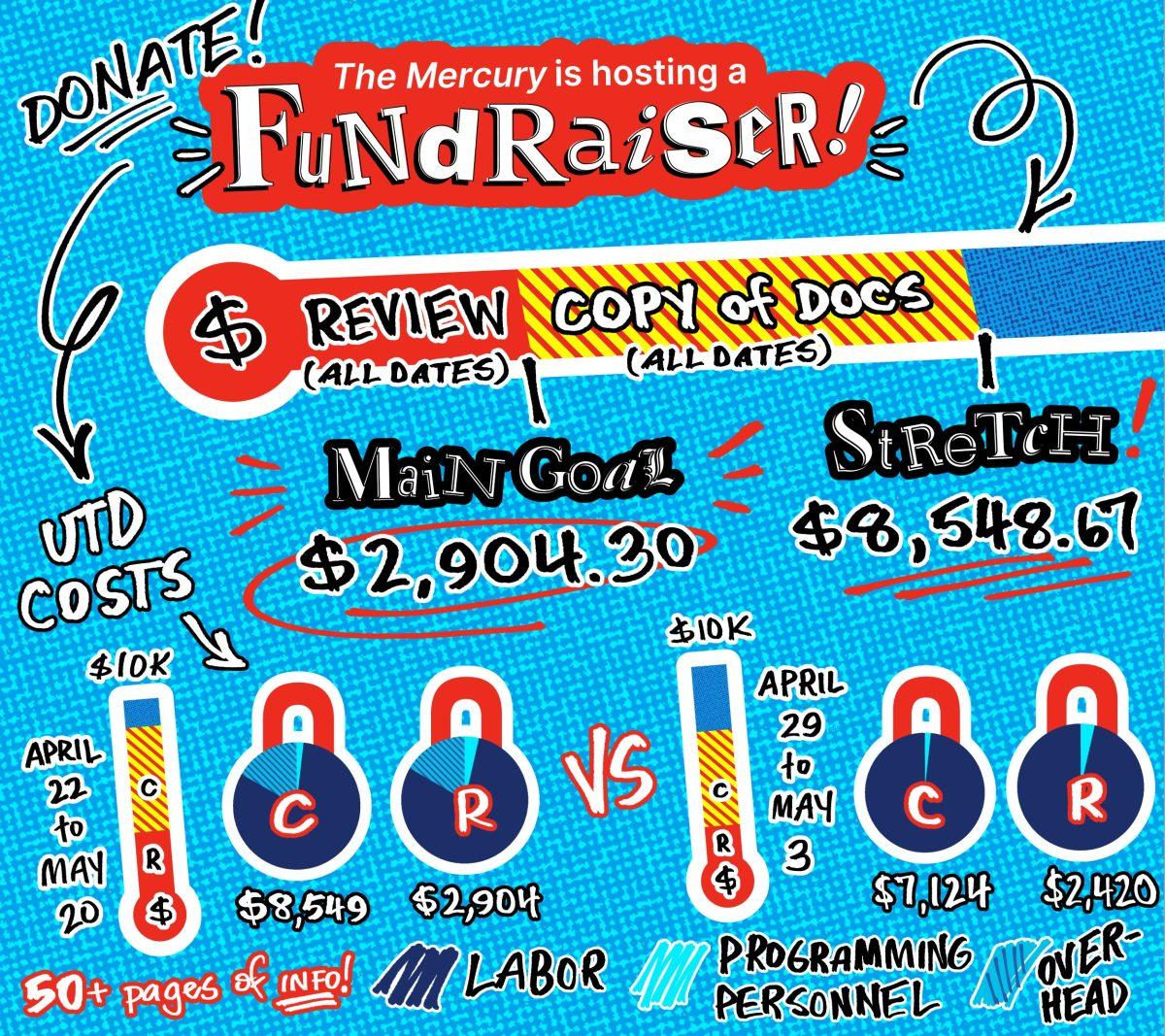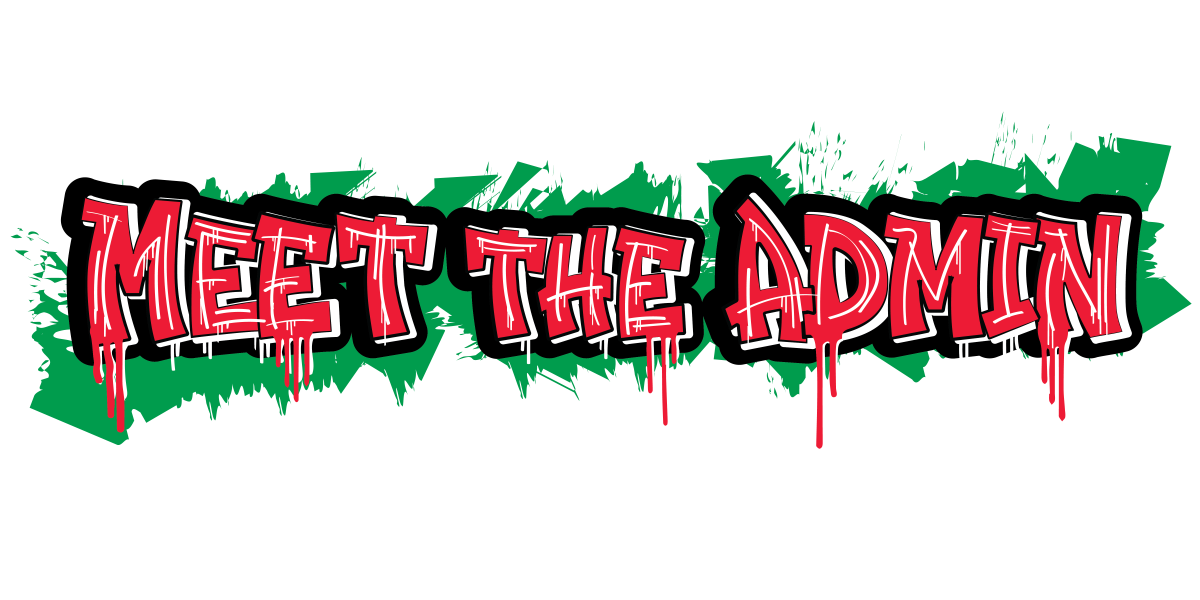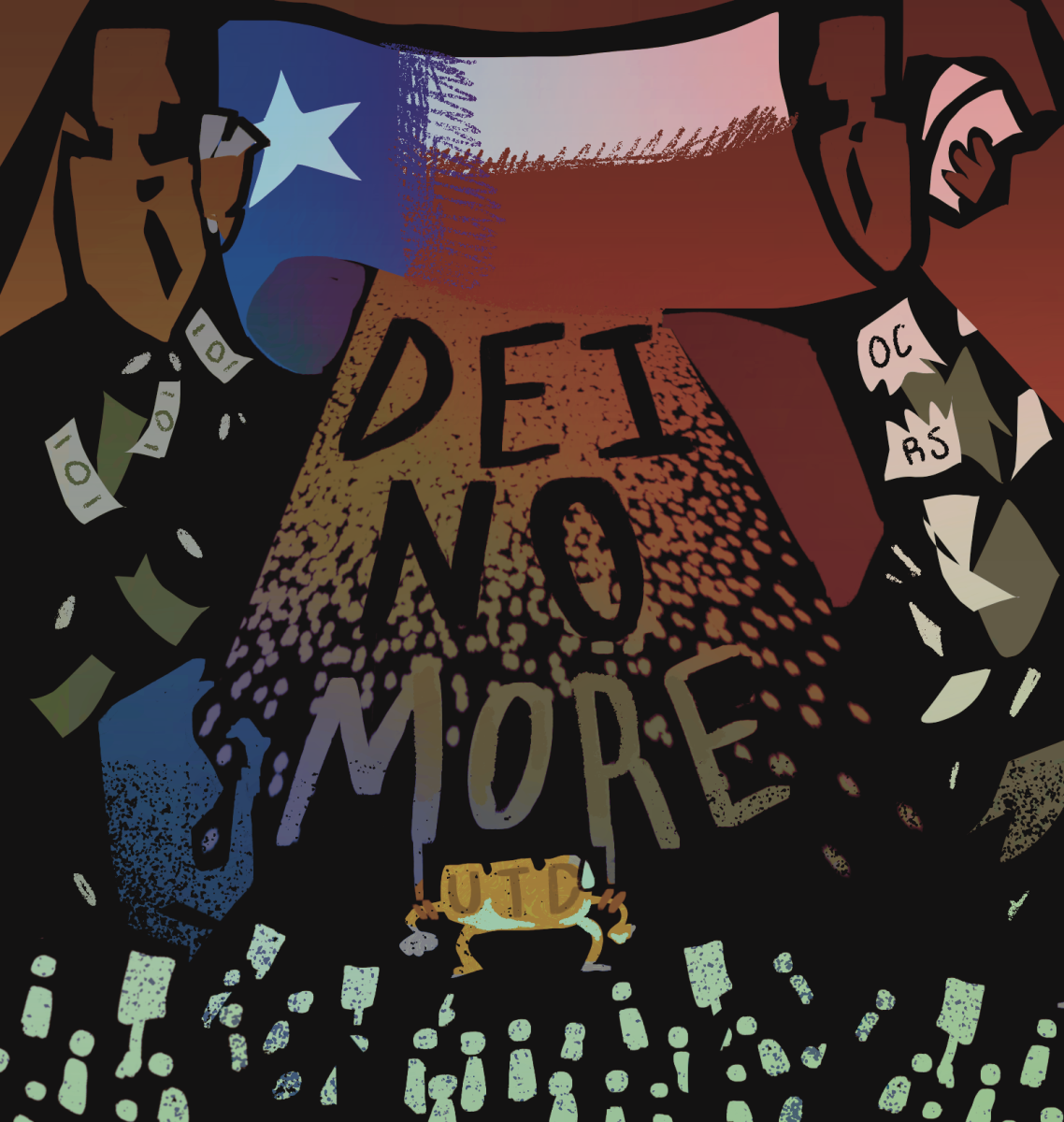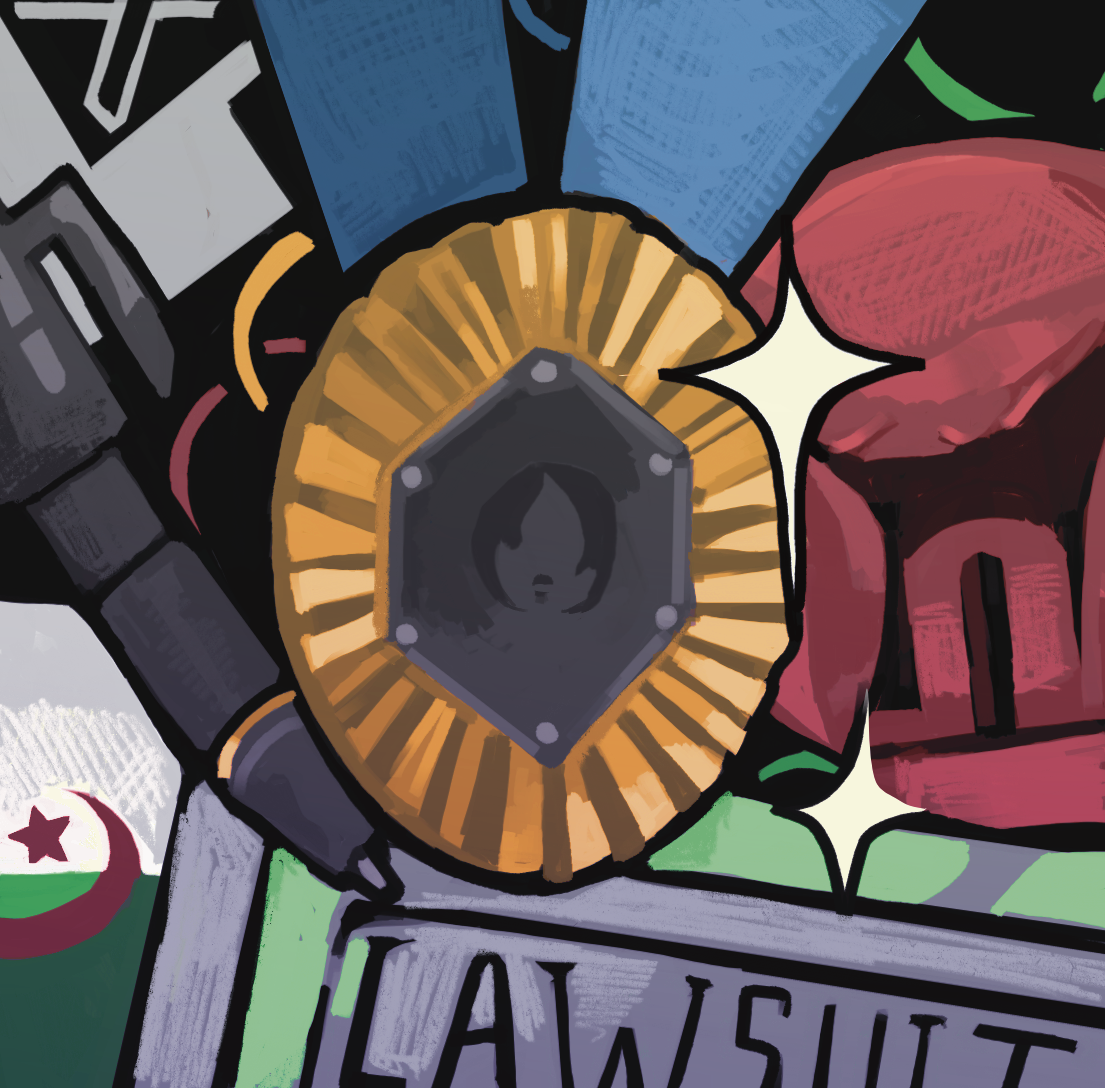Richard Benson announced his departure from his position as UTD’s fifth president Aug. 26, saying in his resignation letter that, “Reflecting on all that has been accomplished over the last eight years, and all that has been set in motion, I feel that this is a good time to pass the leadership of UT Dallas to a new president.” As he steps down, we, too, reflect on his actions and the kind of president he was. Benson will leave a swath of angry, hurt and disappointed students and faculty behind. Under Benson’s recent leadership, major incidents such as the Spirit Rocks’ removal and as well as the violent raid of the Gaza Liberation Plaza have left a permanent stain both on Benson’s legacy and that of UTD as a whole.
Benson’s actions this past year betray little regard for Comets’ wellbeing. His rapid downward spiral began with blatant disregard for the student body’s will as expressed through Student Government’s April 2024 divestment resolution. Benson did not simply ignore the resolution, but wrote a letter discrediting and disparaging it. But Benson’s hypocrisy and opposition to student will are nothing new. In fall 2023, student protests and Spirit Rock art supporting divestment and Palestine swept campus. Benson said in a schoolwide email Oct. 16 that “in the face of this cruelty [the Oct. 7 attacks], I have also felt pride in what has been happening at UT Dallas … Students are conversing about their differences; they are gathering donations and peacefully protesting; they are shaking hands. There have been no reports of violence, nor have any events been interrupted.” This pride would be quickly curtailed — on Nov. 20, UTD administration removed the Spirit Rocks without warning just as Thanksgiving break had begun, citing “extended political discourse.”
The Spirit Rocks’ removal showed how comfortable Benson and his administration felt silencing student expression. It also showed students that instead of Benson addressing the root of the problem — the growing tension between students — he chose the superficial solution of completely taking away students’ freedom of expression on campus. A long-standing bastion of creativity students had used for 15 years to air grievances, announce events or celebrate accomplishments is now gone because the student voice differed from the opinions of UTD administration. Despite a collective push from the student body to “bring our rocks back,” Benson chose to shut his blinds and not listen.
Benson once again silenced students by destroying the “Gaza Liberation Plaza” encampment constructed May 1. Because of the Spirit Rocks’ removal, tensions heightened between administration and students as several student activists called for UTD to divest from weapons manufacturers like Lockheed Martin and Raytheon that contribute to the genocide in Palestine. Students took to the Chess Plaza, renaming it “Gaza Liberation Plaza” and setting up an encampment to get the Benson-era administration to listen to their demands. They had a right to protest and did so peacefully. However, Benson’s administration was so appalled by students learning, socializing and protesting together that it called state troopers and riot police equipped with guns, grenade launchers and snipers to storm the “Gaza Liberation Plaza” and arrest those in and near the encampment. To justify police action, Benson called the encampment “trespassing” — a thinly-veiled excuse when similar, apolitical encampments have gone unobstructed when companies occupy the entire Chess Plaza for their promotional work or when fraternities and sororities occupy the Plinth.
The harrowing effects of May 1 do not end there. Arrested students and faculty are only permitted to step on campus for class, work or “related activities,” terms left vague and undefined. Furthermore, the nine arrested students, two of which graduated, are being punished with denial of degree and deferred suspension.
It is through Benson’s actions that students see what kind of leader he truly is. He does not stand with students and their values and wants — he stands with those that will bring him more money. When students and faculty were pushed to the ground, kicked, handcuffed at their wrists and ankles and shoved into hot vans by five different police forces, Benson was attending a fundraising meeting with real estate billionaire and Nazi memorabilia collector Harlan Crow. He prioritizes optics over student will, writing letters and removing platforms of expression the second UTD might look bad. Benson’s claimed appreciation of the UTD community will never be more than an empty statement — not when his own students and faculty feel hurt and disrespected by his administration’s actions. No amount of multimillion-dollar arts complexes or construction projects can neutralize the human suffering Benson has caused, allowed or — most sickeningly — downplayed.
A president’s role is to serve the population and uplift those they preside over. UTD’s recent actions under Benson’s direction beg the question: How can you fairly serve the student population when unfairly punishing a group of students for their political views? When the campus majority speaks and the president refuses to listen, can he be considered loyal to his community — or to alternate interests that line his pockets?
Although Benson is resigning, he will “continue his service” as president until a new successor is ready to inherit the position. In the months he has left, we implore Benson to start listening to student and faculty voices and do right by his constituents. If UTD is as great as Benson likes to brag about, with its highly knowledgeable graduates, a campus with record levels of research activity and community engagement, then we expect Benson to treat the people who make UTD great — its students, staff and faculty – with respect. He can start by heeding their concerns: divesting from weapons companies, dropping legal action against arrested students and staff, reinstating the Spirit Rocks and making campus a safe place for free expression

